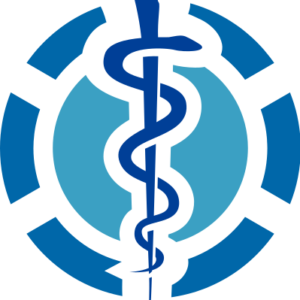 At our School Mass today we shared the Gospel passage from Mark 2, 1-12. The episode involves four men who arrived where Jesus was, carrying a paralytic friend. They were anxious to get to Jesus. Seeing no way in, they went outside to the roof, removed a few tiles, and let the man down right at the feet of Jesus. Jesus was touched by their faith, trust, and confidence in Him.
At our School Mass today we shared the Gospel passage from Mark 2, 1-12. The episode involves four men who arrived where Jesus was, carrying a paralytic friend. They were anxious to get to Jesus. Seeing no way in, they went outside to the roof, removed a few tiles, and let the man down right at the feet of Jesus. Jesus was touched by their faith, trust, and confidence in Him.
Rightly or wrongly, our Jewish ancestors saw close links between sin and sickness. Many kinds of sickness were thought to be punishments for personal sin or even the sins of parents (see the story of the man born blind in St. John’s Gospel, chapter 9.) The man in today’s Gospel was understood to be paralyzed because of some sin in his life.
In our times, we are beginning to realize that there can, indeed, be a link between our sicknesses and the way we act and relate with people. We know that there is a mutual influence, at least, between our physical health and our thinking, attitudes, feelings, and behavior. Many sicknesses are known to be “psychosomatic,” the result of stress or an imbalance in our relationships with others, our work, or our environment. The words holiness, wholeness, health, and healing all have a common root. The “whole” person, one in whom all parts are in perfect harmony, is often seen as the truly “holy” person.
For further reflection: The paralyzed man in Mark’s Gospel represents all those who are paralyzed in any way, who are not able to act with the freedom that a well-integrated person might. Our integration and “wholeness” concerns our relations with others, with ourselves, with our environment, and most importantly, of course, with God.
Let us pray. “Loving God, your compassion guides every moment of our lives. Accept the prayers we offer for all who are weighed down by poor health. Bless them and us today with faith, trust, and confidence in your Son, who lives and reigns with you forever and ever. Amen.”

